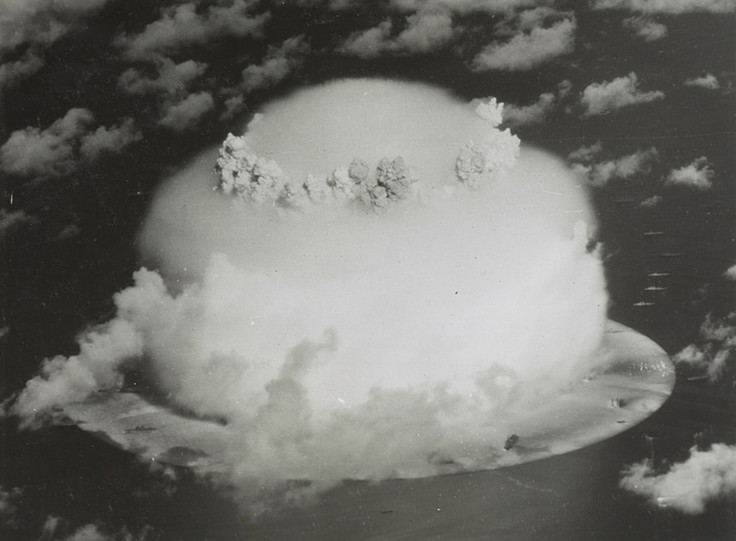Iran, Israel Could Ratify Nuclear Test Ban Treaty, UN Official Says

Among the eight nations that have held out on ratifying the global treaty banning the test of nuclear weapons, Iran and Israel were “the closest” to ratifying it, the head of the U.N. nuclear test ban treaty organization reportedly said. If they ratified the treaty together, it could lead to a nuclear test-free zone in the Middle East, he added.
Lassina Zerbo, executive secretary of the Comprehensive Nuclear-Test-Ban Treaty Organization, was speaking at a week-long conference in Vienna to mark the 20th anniversary of the treaty being opened for signing, Iran’s state-owned Press TV reported.
If both Iran and Israel signed the Comprehensive Nuclear-Test-Ban Treaty (CTBT), it would “provide momentum — first for Egypt to ratify the CTBT and then to start negotiations for a nuclear test-free zone in the Middle East,” Zerbo reportedly said, adding: “You can't jump and get a weapon-free zone in the Middle East if the CTBT isn't ratified.”
CTBT was adopted by the U.N. General Assembly in 1996 but has not been enforced because eight countries, which already had nuclear reactors at the time, did not ratify it. Besides Iran and Israel, those countries are China, Egypt, India, North Korea, Pakistan and the United States.
Zerbo was reportedly hoping to visit both Iran and Israel to convince their leaders to ratify the treaty because in his view, “they're the ones who can unlock what is stopping the CTBT from moving,” the Associated Press (AP) reported.
Citing the fact that both countries signed the treaty in 1996, he reportedly called its ratification “a low-hanging fruit” in the larger goal of nuclear nonproliferation and disarmament.
“Israel and Iran can make a huge difference for this treaty, and they have nothing to lose ... absolutely nothing. Both of them can take leadership and show carte blanche to the world to say we have together decided to ratify the CTBT,” Zerbo said, according to the AP.
Invoking something like a domino effect of geopolitics, he said Iran and Israel ratifying CTBT would provide momentum for Egypt to do so as well, which in turn would put pressure on the U.S. to ratify it as well. China would not ratify the treaty before the U.S., India wouldn’t do so before China and Pakistan wouldn’t ratify it before India, he said, therefore making the U.S. action crucial.
North Korea was the least likely to ratify CTBT, Zerbo added, saying the international community needed to change the way it dealt with the East Asian country. It is the only country in the world to have tested nuclear weapons in the 21st century.
Commenting on the latest nuclear test by North Korea earlier this month, Zerbo reportedly said: “Instead of bang, bang on their head, maybe we have to come to sit with them around the table and say: ‘Hey guys, if this is confirmed that it's the fourth test, we don't want this to happen again. How can we work?’”
© Copyright IBTimes 2024. All rights reserved.





















